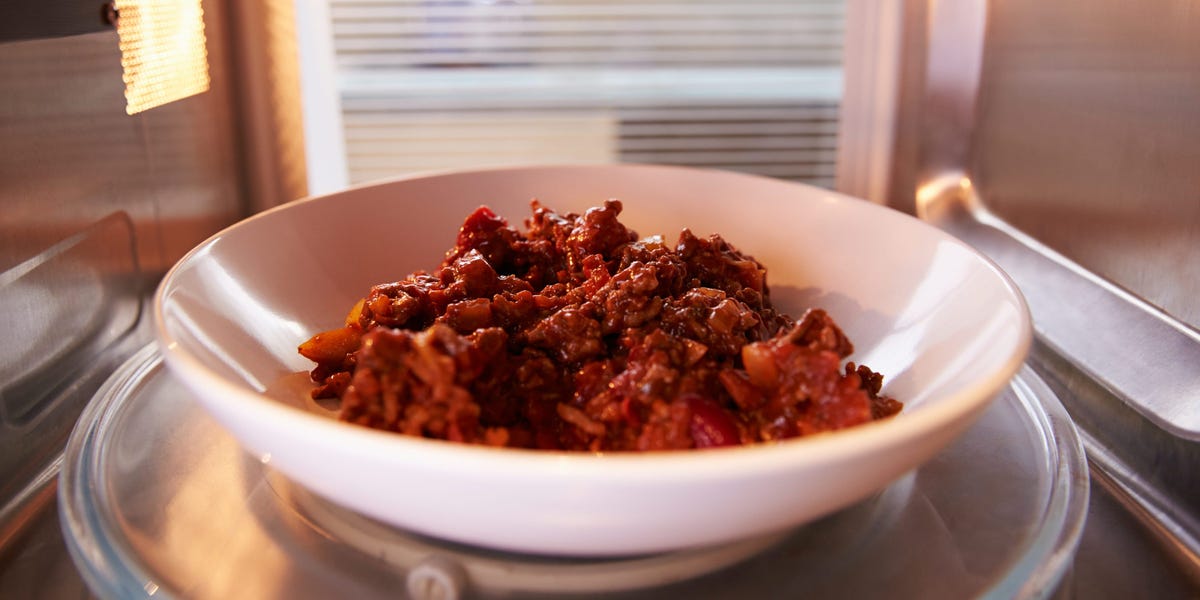You eat a meal or snack, and shortly after your stomach starts cramping and lurching, among other uncomfortable or painful symptoms. You might be experiencing food poisoning — which roughly one in six Americans deal with every year.
How soon you start feeling sick depends on the type of contaminant in the food, and can range from 30 minutes to 4 weeks after eating, says Erika Madrigal, MD, a gastroenterologist with St. Jude Medical Center in Fullerton, California.
Most food poisoning cases are mild and resolve on their own, but it’s important to know how to control symptoms, and when to seek medical attention. “Most patients have mild cases and need rest and hydration,” Madrigal says. “The main treatment is managing the symptoms.”
Here’s how to tell if you have food poisoning and some common natural and medicinal remedies to help relieve symptoms as the infection passes.
Although there are many different ways to contract food poisoning, the symptoms of the condition are largely the same. “Despite the numerous organisms that can cause food poisoning and the different time frames between exposure and onset of symptoms, most of the patients present with a combination of similar symptoms,” says Madrigal.
The most common symptoms of food poisoning are:
If you experience weakness, you should seek medical attention, since that can indicate the condition is more serious and requires medical treatment, Madrigal says. In most cases, however, symptoms resolve on their own within a few days. If your symptoms last longer than that, you may be dealing with the stomach flu, or viral gastroenteritis, not food poisoning.
“Most patients will have a mild presentation that will resolve within 48 hours with treatment of the symptoms,” Madrigal says. “Other patients’ symptoms will persist and progress, requiring medical attention and, at times, hospitalization.”
Typically, the treatment for food poisoning involves staying hydrated and managing your symptoms. Here are some home and medicinal remedies to try:
Home remedies
Medical remedies
There are many different ways to contract food poisoning, but ultimately they all involve food contamination. This could happen while the food is being processed, while it’s being shipped and sold, or while it’s being prepared. Eating food that has been outside the fridge too long, is prepared with utensils that haven’t been cleaned, or by a person who hasn’t washed their hands can all lead to food poisoning.
Here are three examples of common germs that can cause food poisoning:
Although most cases of food poisoning are mild, about 180,000 Americans are hospitalized for food poisoning each year, and 3,000 people die from the condition. Young children, pregnant women, the elderly, and people with chronic health conditions that affect the immune system, like HIV or cancer, are at higher risk for complications from food poisoning and should seek treatment immediately, Madrigal says.
People who do not fall into those categories should seek medical attention if they experience any of the following:
It’s also important to contact a doctor if you experience food poisoning soon after traveling to another country since this could mean you were exposed to different toxins.
Food poisoning is very unpleasant, but also very common. Taking steps such as frequently washing your hands, cooking food thoroughly, and discarding food that hasn’t been refrigerated properly can all help reduce your risk. If you believe that a contaminant was present when you bought your food, you should report it to your local health department.
If you do experience food poisoning, remember that it will likely pass quickly. While you have symptoms, focus on staying hydrated. If you experience weakness or other alarming symptoms, call your local healthcare professional and discuss whether you should come in for an appointment.
